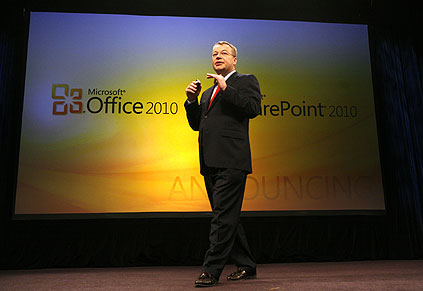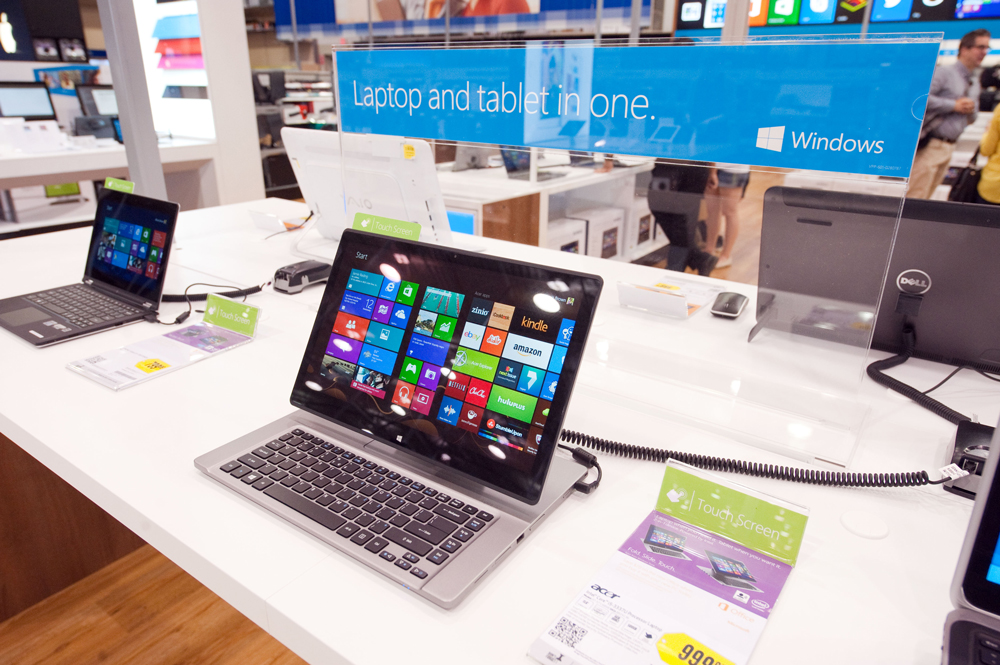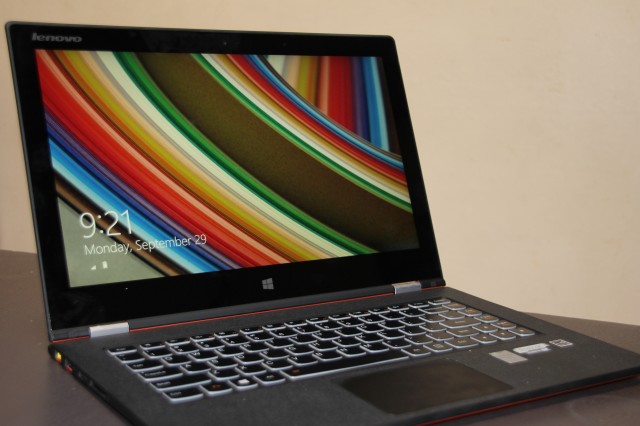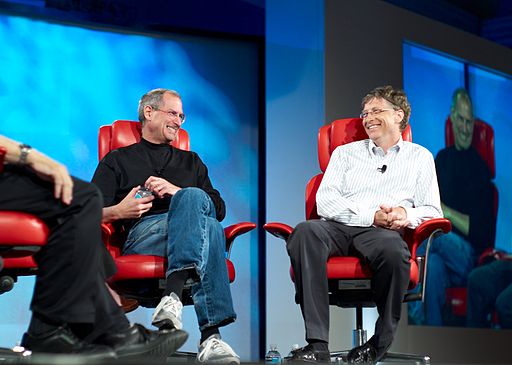One of the great market battles of the PC era was the fight between the ‘best of breed’ software designed to do specific jobs well — Lotus 123, WordPerfect, and Harvard Graphics — versus the bundled ‘suites’ led by Microsoft Office.
Bundled suites of programs offered a common platform and cheaper price over buying products individually.
In the case of Microsoft Office, it also helped that the software giant was aggressive in undercutting the market and leveraging the deals it had made with hardware vendors and system integrators.
The winner of that battle was Microsoft as it turned out customers preferred the cheaper price points of the bundled packages and the common software platform made it easier to share data across the applications.
In the cloud computing field that fight is happening again as Zach Nelson, CEO of Netsuite, describes; “I think the next battle is going to be the same battle that happened in the client-server world. Is it the best of breed cloud apps or is it the suite?”
Nelson believes the suite vision will win out, “the suite is going to win again for exactly the same reasons why the suite won in the client-server world — it’s very hard to synchronise data between applications.”
Given Netsuite’s business, as its name suggests, is in providing a suite of software it’s no surprising that Nelson believes their way of doing business will prevail. Those providing ‘best of breed’ stand alone cloud applications naturally disagree.
Chris Ridd, Australian General Manager of accounting service Xero, disagrees with Nelson’s view. “With cloud and open APIs you have the holy grail of interoperability,” Ridd says. “In the 1990s the open systems were too early and didn’t work as well as they do today.”
Ridd also points out that Xero has over 350 add on services, ” I don’t think any suite can deliver that” he says.
History is on Nelson’s side but it may be that in this case history doesn’t repeat as the technology has moved along and now stand alone apps are what the market wants.
Time will tell although its unlikely whichever prevails will have anything like the success and market domination of Microsoft Office during the PC era.









